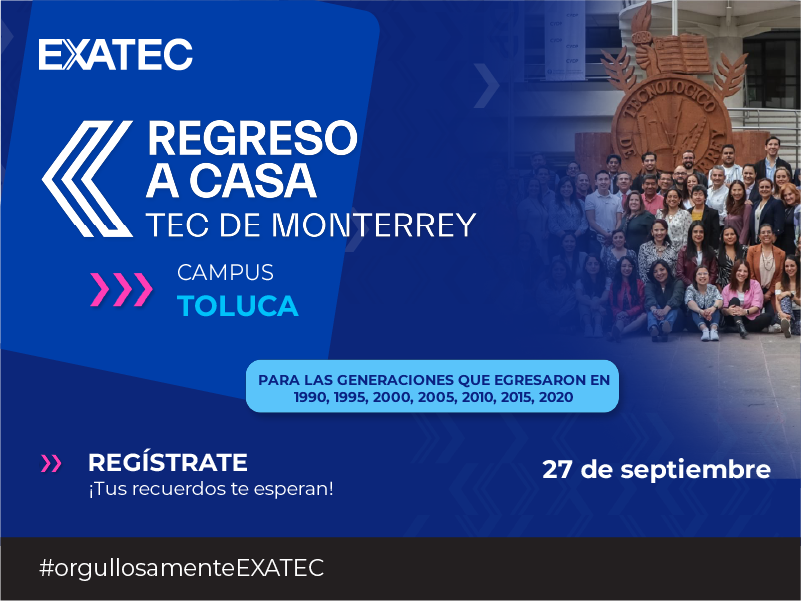Educación para el pensamiento complejo para todos (CTE4A): Un centro digital y escuela para aprendedores
El proyecto CTE4A tiene como objetivo crear un centro colaborativo digital para capacitar a aprendedores de por vida en habilidades de pensamiento complejo, como pensamiento científico, crítico,sistémico, innovador y computacional. Ofrece una plataforma de acceso abierto que utiliza IA, Recursos Educativos Abiertos (REA) y tecnologías de aprendizaje inmersivo para proporcionar experiencias de aprendizaje personalizadas.
El centro digital CTE4A servirá como repositorio de REA y atenderá a estudiantes de la academia, la industria, la sociedad civil y el gobierno. Una característica clave es la integración de microcredenciales y certificaciones alineadas con el estándar de competencia CONOCER, garantizando el reconocimiento formal de las habilidades adquiridas.
Más información sobre este proyecto en: www.research4challenges.world/complex-thinking-education-for-all


























































